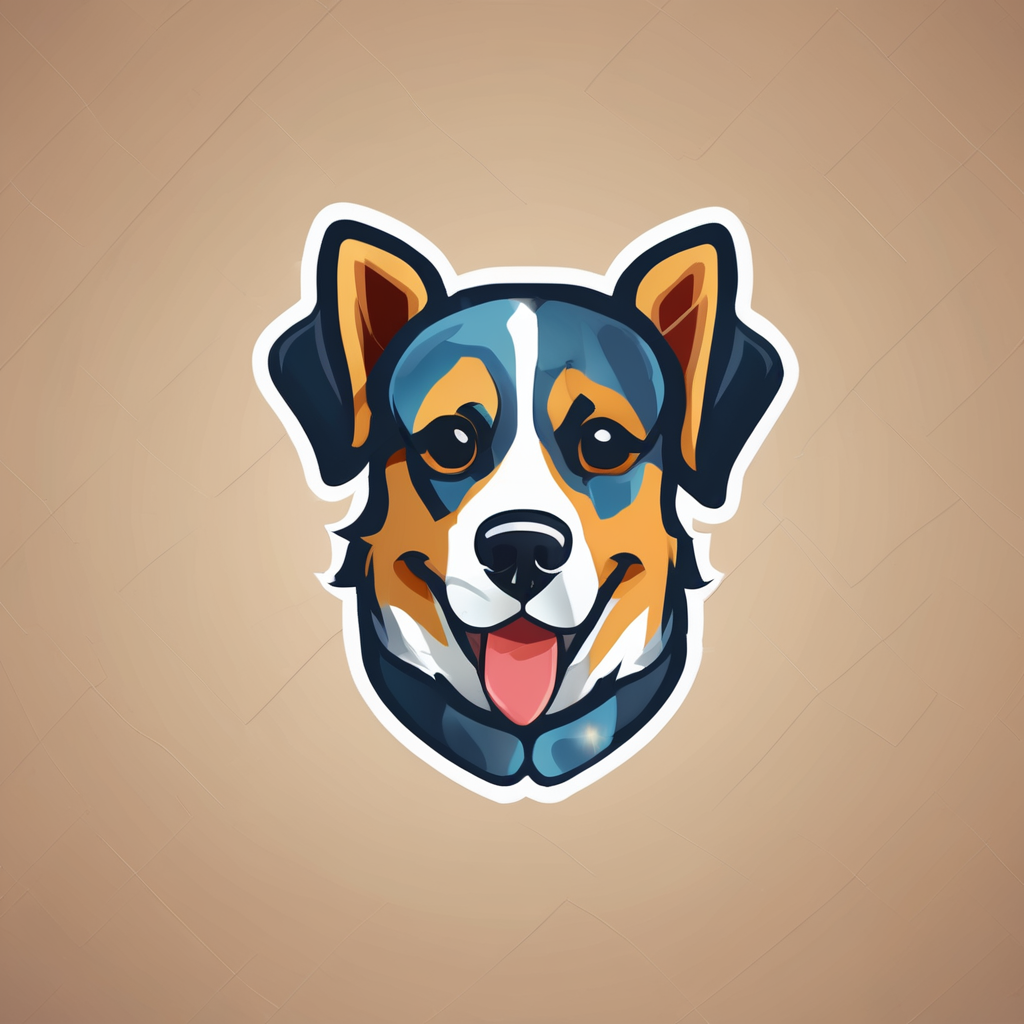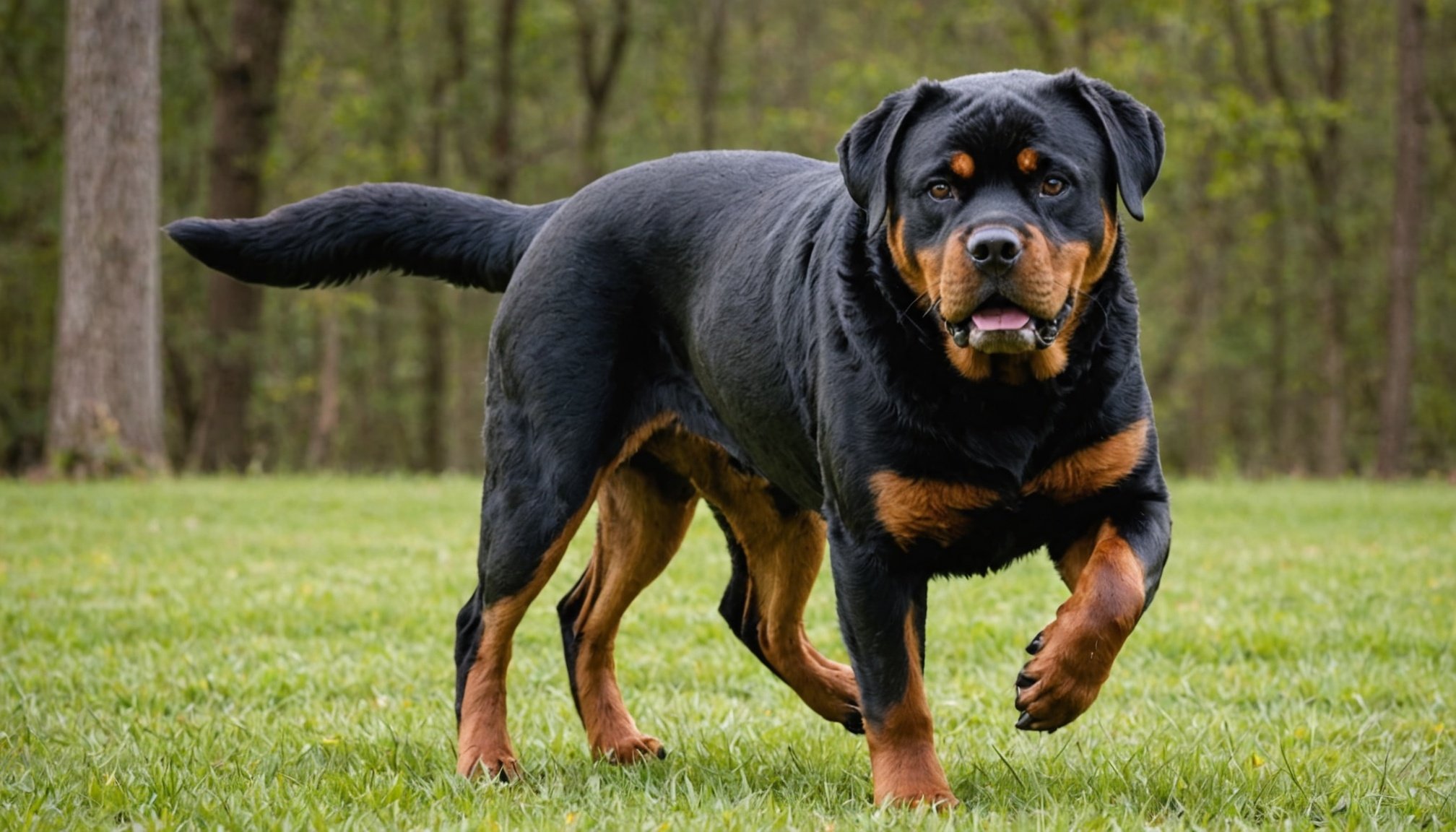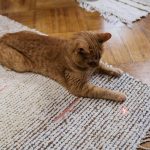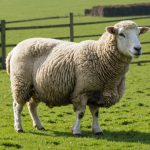Understanding Food Guarding Behavior
Food guarding behavior is a common trait among dogs, manifesting as a protective response when their food source might be threatened. In breeds like Rottweilers, this instinct can be pronounced due to their natural disposition as guard dogs. Recognizing and understanding this behavior is crucial for effective Rottweiler training.
Overview of Food Guarding Behavior
Food guarding can range from mild caution to aggressive posturing, dependent on individual temperament and environmental factors. It’s an instinctive behavior, intended to preserve resources in the wild. In domestic settings, however, it can pose challenges, particularly when misunderstood.
Additional reading : Ultimate guide to maintaining spotless and infection-free ears for your beloved basset hound
Specific Triggers for Food Guarding in Rottweilers
Key triggers for food guarding in Rottweilers include competition with other pets, inadequate feeding routines, and past experiences where food had to be actively defended. An inconsistent feeding schedule can exacerbate anxiety related to food scarcity, prompting a stronger guarding response.
The Importance of Recognizing Early Warning Signs
Spotting early indications of food guarding, such as stiff body posture, growling, or withdrawn behavior during feeding times, is vital. Awareness of these signs allows owners to implement timely and effective canine behavior training strategies, fostering a safer and more harmonious home environment. Addressing these behaviors early helps not only in mitigating the guarding instinct but also in ensuring that your Rottweiler feels secure and stress-free around their food.
Also to discover : Guide complet pour éviter l”insolation chez les bouledogues français : conseils indispensables pour les races brachycéphales
Proven Training Techniques
Training a dog effectively involves understanding and applying suitable techniques. Using positive reinforcement consistently can create a strong bond between the owner and the pet and encourage desired behaviors. Let’s explore some proven methods.
Positive Reinforcement Strategies
Positive reinforcement involves rewarding a dog for desired behavior. This can include treats, praise, or even a favourite toy. Using treats strategically helps in establishing a connection in the dog’s mind between their actions and positive outcomes. Over time, this method ingrains the habit of repeating favorable actions.
Desensitization Techniques
Desensitization is particularly helpful in managing food aggression. By gradually exposing the dog to situations that typically trigger anxiety or aggression, their comfort levels can be adjusted. Start by distancing the trigger and rewarding calm behavior. Then, methodically reduce the space until the dog becomes more relaxed during mealtimes.
Targeting Commands
Teaching targeting commands like “Sit” or “Wait” during meals can significantly curb excitement and aggression. Incorporating treats to enforce these commands trains the dog to associate meal times with calmness rather than chaos. By consistently applying these methods, owners can successfully manage and reduce food aggression, ensuring that meal times are peaceful and enjoyable for everyone involved.
Behavioral Modification Strategies
Modifying behavior in Rottweilers, especially food aggression, requires a structured approach. Begin by understanding the nuances of Rottweiler behavior — these dogs are naturally protective, and aggression around food might stem from this instinct. Introducing behavioral modification techniques is crucial.
One effective strategy is desensitization. Start by sitting with your Rottweiler during feeding times without interfering. This helps the dog associate your presence with safety, not competition. Gradually interact more closely by placing extra food in the bowl with your hand, reinforcing that your presence doesn’t threaten their meal. Consistency is key in training; routine helps your Rottweiler learn that behavior expectations don’t change.
Employing the “leave it” command can also manage food aggression. Train your Rottweiler to understand this command in low-stress situations first, and then gradually apply it during feeding. Use rewarding and positive reinforcement when your Rottweiler displays calm behavior.
Remember, patience is vital. Behavioral modification is not an overnight process. Accept incremental progress and celebrate small victories, reinforcing positive behavior rather than focusing on mishaps. By maintaining calm and unwavering patience, you’re paving a steady path to reducing unwanted food-related aggression, nurturing a well-behaved companion.
Safety Tips for Owners and Other Pets
Ensuring dog safety involves more than just general care; it also includes managing multiple pets effectively to prevent conflicts, especially during mealtimes. One key concern is protecting against food guarding, a behaviour not uncommon among Rottweilers. This can be managed by creating safe feeding environments where each pet has its designated space, reducing chances of tension and confrontation.
Supervising interactions between Rottweilers and other dogs during meals is crucial. It’s during these times that food-related disputes may occur, leading to stress or possible injuries. Always ensure you’re nearby to monitor them, ready to intervene if necessary. Being present can help discourage aggressive behaviour and establish you as the authority figure in the pack hierarchy.
Establishing structured feeding routines also plays a significant role in managing anxious or territorial behaviour. Regular mealtimes allow your pets to anticipate when food is available, alleviating stress and reducing competition over resources. Moreover, such consistency promotes a harmonious household dynamic, where each pet feels secure and well-catered for.
By focusing on these strategies, you not only protect your pets from potential conflicts but also enhance their overall sense of wellbeing and contentment.
Expert Advice and Insights
Understanding canine behavior, particularly food guarding in Rottweilers, requires well-founded insights from experts. Dog trainers and behaviorists are invaluable resources, often providing bespoke strategies to curb aggressive tendencies. These specialists recommend consistency and positive reinforcement to significantly alter undesirable behaviors. For example, rewarding your Rottweiler when they eat calmly or leave their bowl unattended can lessen food guarding over time.
When challenges persist, seeking professional assistance is crucial. Experts like canine behavior specialists possess the skills to analyse behavior patterns critically. Their experience allows them to devise tailored interventions, ensuring your Rottweiler’s routine is both safe and enriching. Trainers often emphasize the role of structured socialization in curtailing aggressive behavior.
Personal experiences and testimonials from dog owners can also shed light on effective approaches. Dog owners often attest to the success of enrolling their pet in obedience classes led by seasoned trainers. These classes provide dogs with an environment to learn under careful supervision, promoting behavioral improvements.
Always refer to the lengthy Rottweiler resources available on canine-specific forums and publications. Consulting these resources can offer diverse perspectives and techniques, contributing to a well-rounded understanding of your pet’s needs.
Additional Resources and Support
Exploring additional resources can significantly enhance your learning experience in this field. Access to the right materials and people not only provides valuable insights but also promotes continued growth and understanding.
Books and Online Courses
Utilising specialised books and comprehensive online courses can aid in building foundational knowledge. Look for literature tailored to your interests, merging theoretical insights with practical application. It’s beneficial to choose programs offering diverse content such as interactive video lessons and live Q&A sessions. Such features ensure you gain a multifaceted perspective.
Local Training Programs
To deepen your expertise, consider enrolling in local training programs that provide hands-on experience. These sessions connect you with experts and like-minded individuals, creating a supportive environment for your learning. Check local libraries, community centres, or universities for upcoming workshops and seminars.
Online Communities and Support Groups
Online communities and support groups are excellent for expanding your network and sharing experiences. Platforms like forums or social media groups allow you to engage in discussions and seek advice from seasoned professionals. These communities are places where you can ask questions, exchange tips, and find encouragement, providing critical support in your journey.











